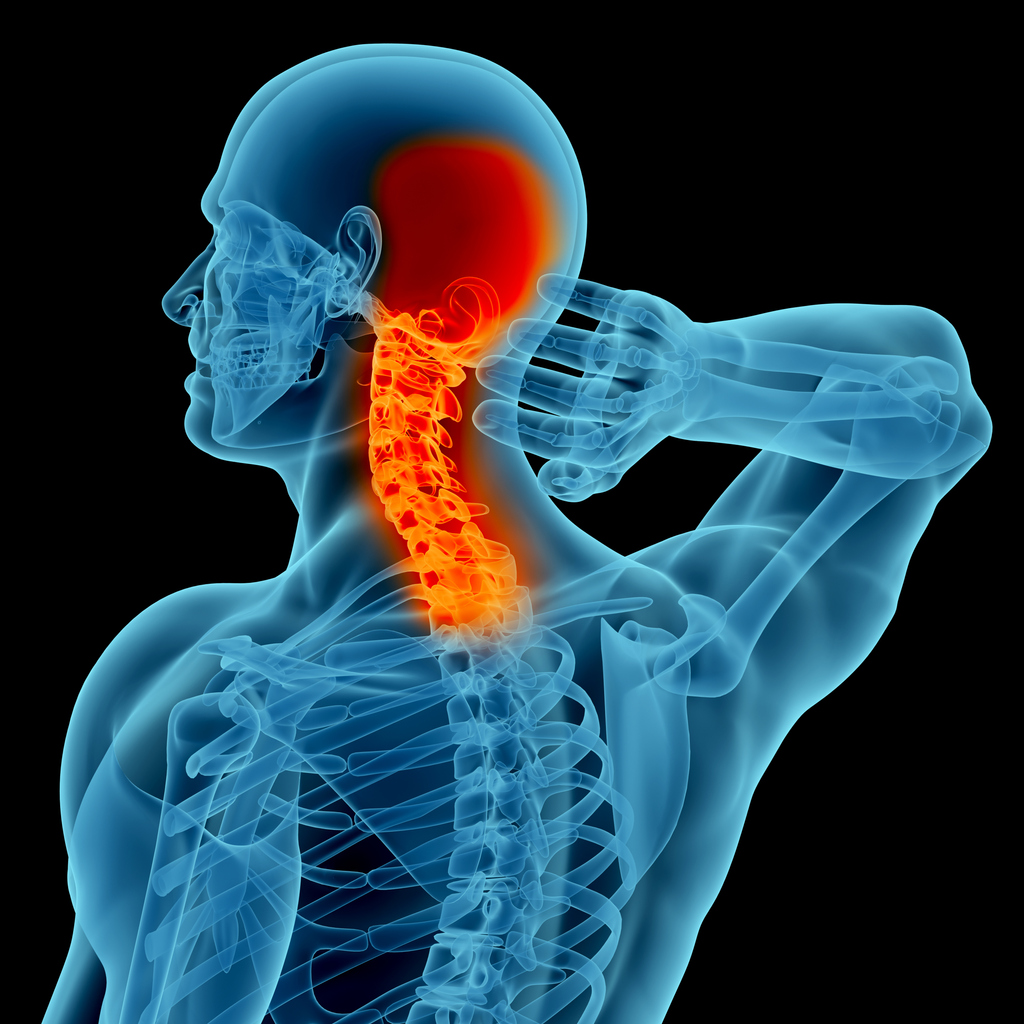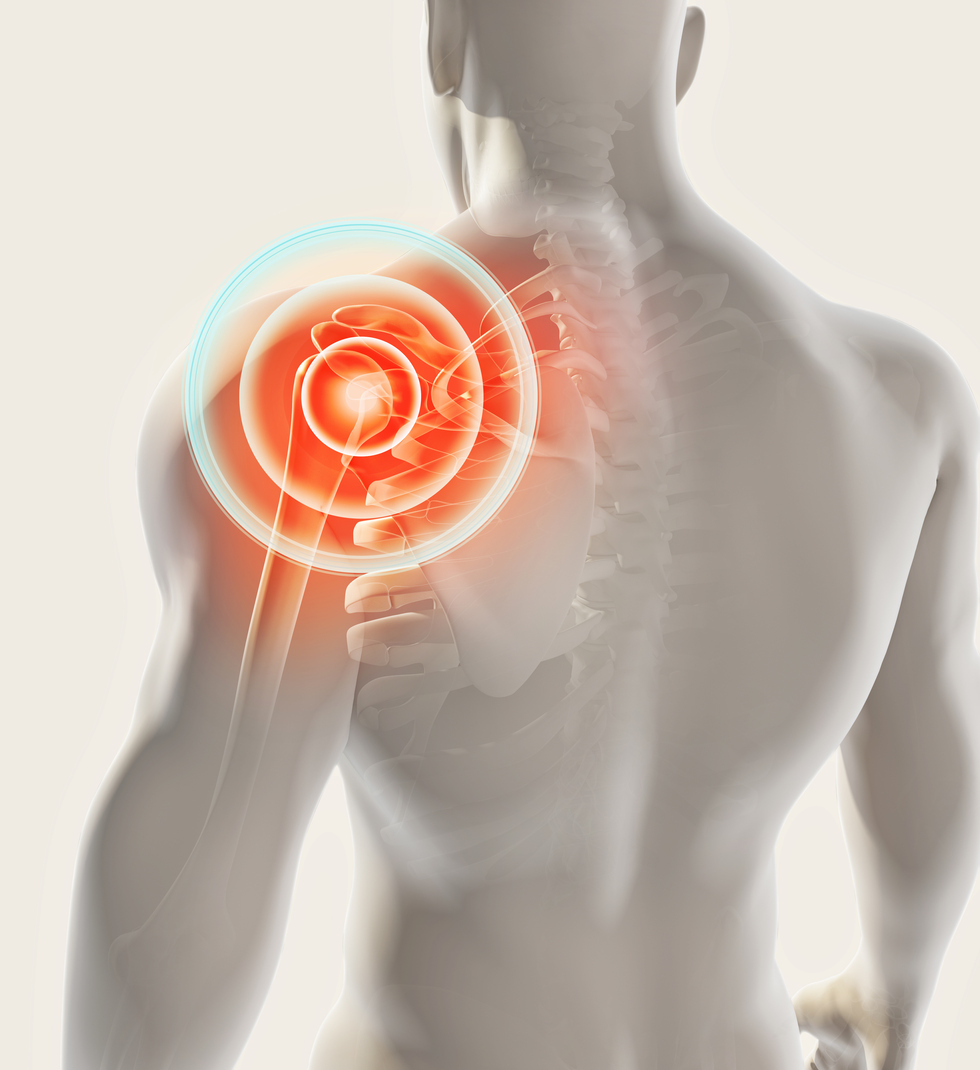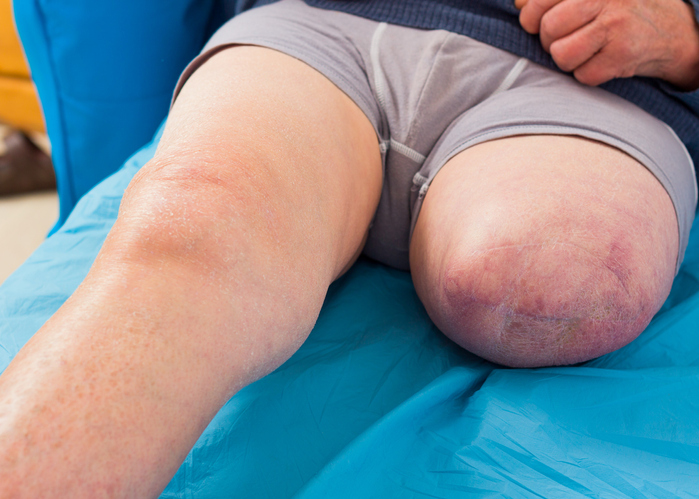Pain
What Is the Difference Between an Autoinflammatory Disease and an Autoimmune Disease?
Source: National Center for Biotechnology Information: U.S. National Library of Medicine: National Institutes of Health, Cleveland Clinic, National Center for Biotechnology Information: U.S. National Library of Medicine: National Institutes of Health, National Center for Biotechnology Information: U.S. National Library of Medicine: National Institutes of Health, National Center for Biotechnology Information: U.S. National Library of Medicine: National Institutes of Health

18 people found this helpful
Print
Share
Save
An autoimmune disease occurs when the immune system attacks healthy cells that it mistakes for pathogens. Autoinflammatory diseases manifest without evidence of infection, high levels of autoantibodies, or autoreactive T cells. While autoinflammatory diseases and autoimmune diseases share many similar characteristics, the dysfunction of the immune system differs.
- Autoinflammatory diseases are caused by a dysfunction of the innate immune system. The innate immune system is the body’s first line of defense against pathogens, such as bacteria and viruses. This system responds in the same way to all foreign substances. The innate immune system causes “nonspecific” inflammation to pathogens. Examples of autoinflammatory conditions include Bechet’s, Still’s disease, and periodic fever syndromes.
- Autoimmune diseases are a dysfunction of the adaptive immune system. The adaptive, or acquired, immune system takes over if the innate immune system is unable to destroy a pathogen. The adaptive immune system works by specifically identifying and targeting pathogens. It then forms antibodies to allow for a faster response the next time a familiar pathogen is encountered. Examples of autoimmune diseases include Sjögren's syndrome, type 1 diabetes, and systemic lupus erythematosus.
- Some diseases may not be strictly autoimmune or autoinflammatory. Psoriasis, ankylosing spondylitis, and Crohn’s disease are medical conditions that were once thought to be strictly autoimmune but are increasingly recognized as having autoinflammatory components. These diseases tend to be seronegative, meaning that anti-CCP blood test results include low-to-none of the protein. They also have known associations with certain genetic mutations, in particular that of the HLA-B27 gene. These diseases also have similar cytokine pathways as autoinflammatory diseases. Cytokines are a type of inflammatory protein.
Signs and symptoms
Both autoimmune and autoinflammatory diseases can cause pain, swelling, fevers and inflammation. However, there are often key differences in signs and symptoms:
- Fevers tend to be higher and are more definitive of autoinflammatory conditions than autoimmune diseases; however, they can also occur with autoimmune diseases.
- Autoantibodies are not usually found in high titers in autoinflammatory diseases.
- Flare patterns of autoinflammatory diseases tend to be more cyclic and may occur in more predictable patterns, such as having a flare for 3 days every month.
- Genetic mutations are more often linked to autoinflammatory diseases. Many are monogenic, meaning they are due to one specific genetic mutation. Monogenic autoimmune diseases are extremely rare.


















